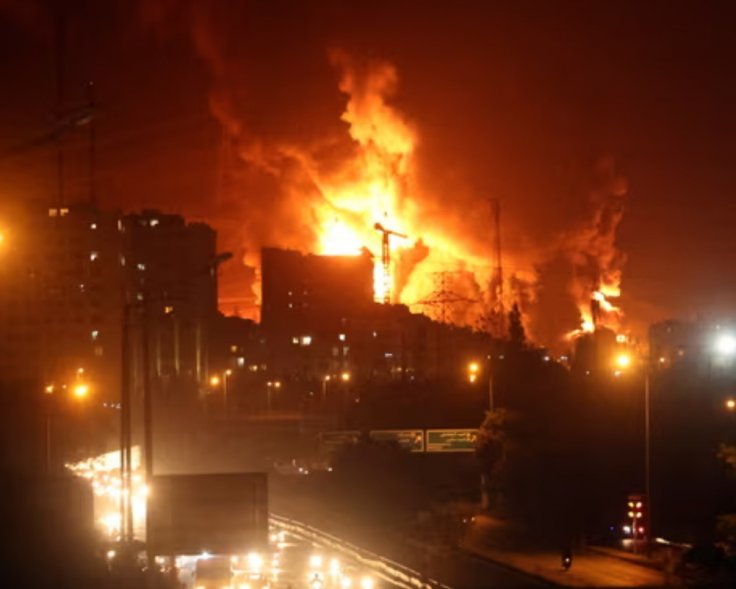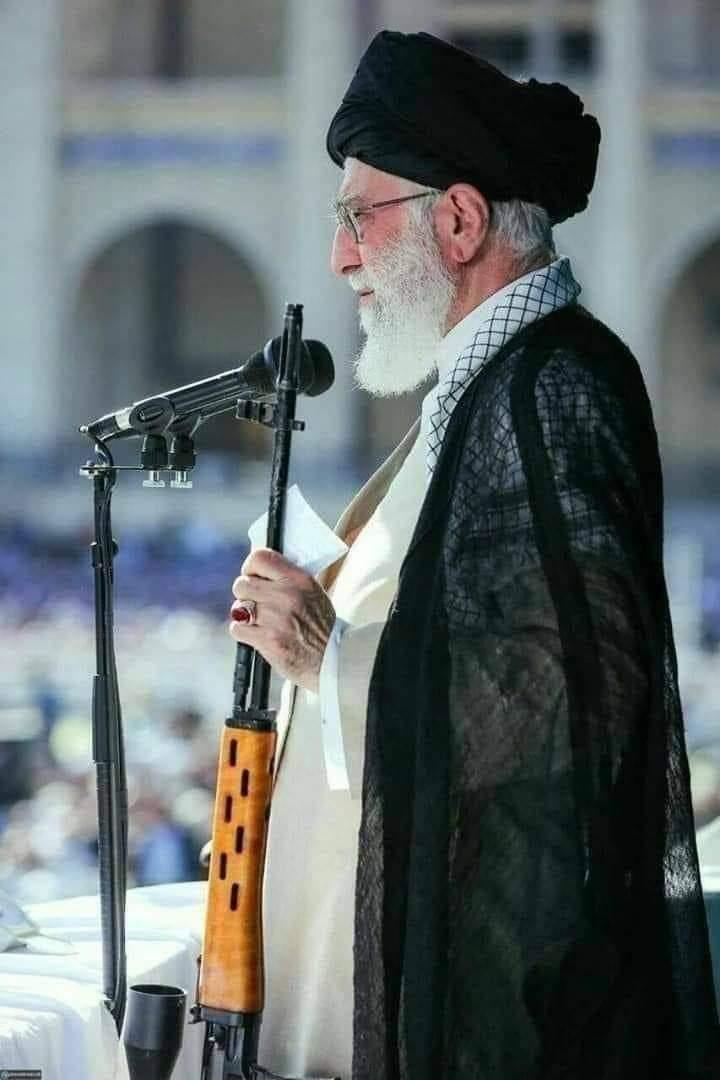Netanyahu Says Israel Is Capable of Striking Iran’s Highly Secretive Fordow Nuclear Site Buried Under a Mountain Without Help from US
Israeli Prime Minister Benjamin Netanyahu strongly suggested that Israel has all the capabilities to strike all of Iran’s nuclear sites — including the highly secretive Fordow Fuel Enrichment Facility, which is believed to be buried deep underground, nearly half a mile beneath a mountain.
Netanyahu insisted that Israel “will achieve all our objectives,” even though several military analysts have time and again questioned whether the Jewish state has the capability to destroy the highly secretive nuclear facility buried under a mountain. “We will achieve all our objectives and hit all of their nuclear facilities. We have the capability to do that,” Netanyahu said when asked by a reporter about Fordow specifically.
Netanyahu’s Indirect Threat
X
Israel has targeted several Iranian nuclear sites, including a major installation in Natanz and others near Tehran and Isfahan, since launching its “Operation Rising Lion” air campaign against the Islamic Republic. The Israelis have also eliminated more than a dozen high-ranking Iranian scientists and senior military officials.
Meanwhile, the Fordow facility has played a major role in influencing President Donald Trump’s deliberations on whether the United States should get involved in the conflict between Israel and Iran.

X
Several military experts believe that the United States is the only ally Israel has with advanced bombers capable of reaching the region and delivering heavy bunker-busting bombs powerful enough to destroy the hidden Fordow facility.
However, there is ongoing debate among analysts about whether even those powerful weapons would be enough to completely eliminate the site.
On Thursday, Trump announced that he would make a final decision within the next two weeks on whether to launch a strike against Iran, as he is still holding out hope for diplomatic talks.

X
“Based on the fact that there’s a substantial chance of negotiations that may or may not take place with Iran in the near future, I will make my decision whether or not to go within the next two weeks,” Trump said in a statement delivered by White House press secretary Karoline Leavitt.
The president is also facing backlash from within his MAGA support base over the conflict, with key figures like Steve Bannon and Tucker Carlson publicly urging the U.S. to avoid getting involved in the fast-growing crisis.
Netanyahu Leaves It to the US
Netanyahu said that the decision of whether the United States joins the conflict is “entirely” in Trump’s hands. “He’ll do what’s good for the United States, and I’ll do what’s good for the State of Israel,” the prime minister said, adding, “as the saying goes — every contribution is welcome.”

X
Over the weekend, Netanyahu stood by Israel’s decision to launch strikes against Iran and dismissed concerns regarding Director of National Intelligence Tulsi Gabbard’s earlier testimony, in which she said that the intelligence community had assessed “Iran is not building a nuclear weapon.”
“The intel we got and we shared with the United States was absolutely clear — was absolutely clear — that they were working in a secret plan to weaponize the uranium,” Netanyahu said on a special edition of Fox News’ “Special Report with Bret Baier” Sunday.
“They were marching very quickly. They would achieve a test device and possibly an initial device within months and certainly less than a year,” he added. “I think we have excellent intel in Iran.”
Trump later told reporters he believes Iran is close to making a nuclear weapon, contradicting Gabbard’s earlier assessment. In response, Gabbard downplayed any perceived disagreement between her and the president on the matter.
Netanyahu, for years, has repeatedly warned that Iran was on the verge of completing a nuclear weapon.
Prior to Israel’s recent strikes, Iran had been enriching uranium to 60 percent purity. While weapons-grade uranium is typically enriched to 90 percent, experts at the International Atomic Energy Agency (IAEA) have pointed out that the jump from 60 percent to 90 percent is significantly easier than reaching 60 percent in the first place.

X
Iran has denied pursuing nuclear weapons, claiming its uranium enrichment efforts are solely for peaceful purposes. However, enrichment at 60 percent is not required for civilian nuclear energy.
Last week, the IAEA released a 22-page unclassified report on Iran’s nuclear activities. While the report didn’t confirm that Iran is developing a nuclear bomb, it did raise concerns about the high levels of uranium enrichment.
“The Agency has no credible indications of an ongoing, undeclared structured nuclear program of the type described above in Iran and notes the statements of the highest officials in Iran that the use of nuclear weapons is incompatible with Islamic Law,” the report said.

